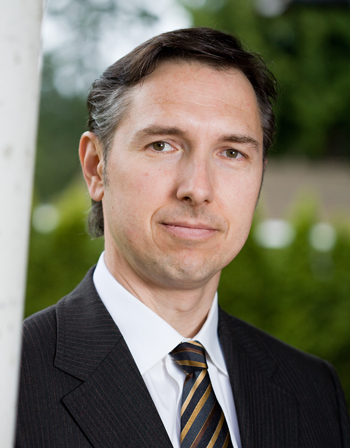Head of Ophthalmology and Visual Sciences. Provider of visual care to First Nations people. Seasoned canoeist.
 David Maberley, Head of the Department of Ophthalmology and Visual Sciences, leads the ophthalmology component of the British Columbia First Nations Diabetes Telemedicine project and is the founder of the eye clinic at the Vancouver Native Health Society (VNHS) in the Downtown Eastside.
David Maberley, Head of the Department of Ophthalmology and Visual Sciences, leads the ophthalmology component of the British Columbia First Nations Diabetes Telemedicine project and is the founder of the eye clinic at the Vancouver Native Health Society (VNHS) in the Downtown Eastside.
Over the past 150 years, what do you think is the most important Canadian discovery, contribution or achievement in health research?
In the area of ophthalmology, I think it would be photodynamic therapy, developed by Quadralogic Therapeutics (QLT) in Vancouver. This was the first treatment that preserved central vision in patients with wet age-related macular degeneration (AMD), the leading cause of severe and sudden vision loss in Canada. It is still used to treat central serous chorioretinopathy, tumors, and variant forms of wet AMD.
Looking towards the future, what new health discovery, treatment or innovation will come from Canada?
From a UBC standpoint, I expect our next impactful discovery could be the management and reversal of stop-codon genetic disease. Cheryl Gregory-Evans, a Professor in the Department of Ophthalmology and Visual Sciences, has developed an eye drop that holds promise in reversing retinal damage in babies born with aniridia. The drug should also have success in other stop-codon mediated retinal degenerations.
What is your favourite Canadian pastime?
Canoeing. But let’s be specific here – on a quiet lake, in the summer, on a dry day, with no deer or black flies.

